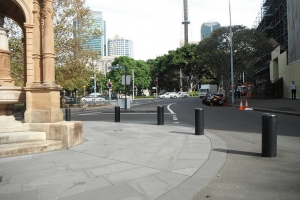Support migrant centric journalism today and donate

 • Media Center » Video Immigration News
• Media Center » Video Immigration News
In a Senate budget hearing on 21 October 2008, Australian Immigration Minister Chris Evans said that the country may see a decrease in its migration quota next year.
"I'd envisage certainly that the migration program for next year would be smaller than this year," he stated.
He also said that no decision had been made as of yet. However, Evans feels that the current global financial crisis will force the government to cut immigration numbers.
"What I'm saying to you is that it seems to me, given what the general economic forecasts of the world economy are, that your first starting point is that you'd think it would be lower," he told the hearing.
This is not the first hint that immigration quotas in Australia may get trimmed in future. Two weeks before the hearing, Prime Minister Kevin Rudd said that economic circumstances may cause the government to reduce migration quotas, stating that it's normal for governments to curb immigration policies during economic downturns.
"It's been this way since time immemorial and will be this way into the future as well," Rudd said on 09 October 2008.
In any case, Australia depends heavily on skilled immigration. As part if its skilled migration strategy, the country utilizes a successful points based system called the General Skilled Migration program.
People with skills in a large list of occupations may come to Australia -- even without a specific job offer -- and be granted a permanent residence visa.
Australia also has employer-sponsored immigration programs such as the temporary 457 visa.
Australia's recent economic boom led to the government increasing its skilled migration quota by 31,000 places this year. Australia is currently experiencing record immigration levels, but it's unclear whether this will continue.
For those thinking of living and working in Australia, now may be the best time to apply.





















